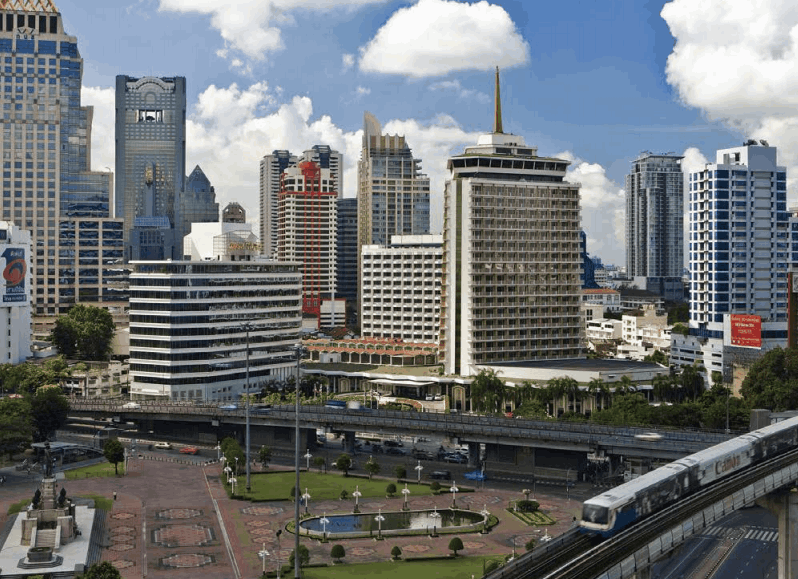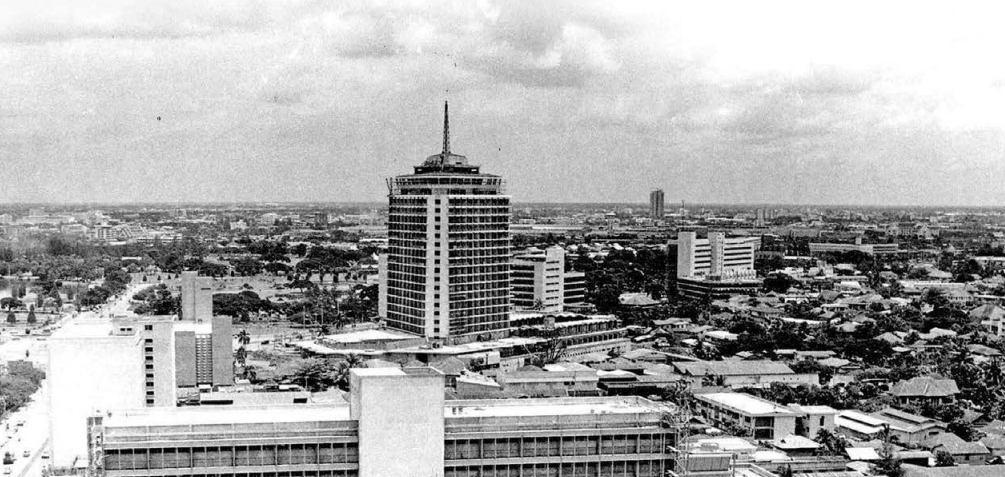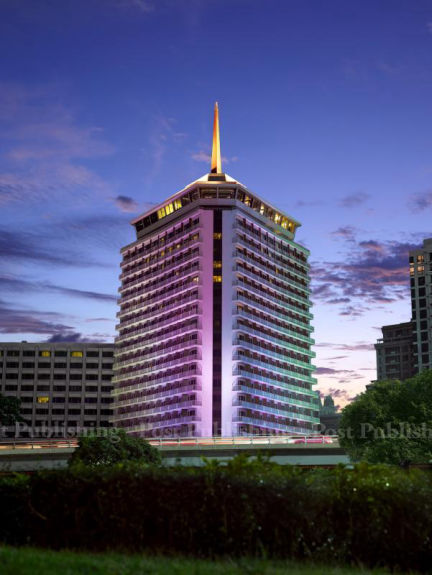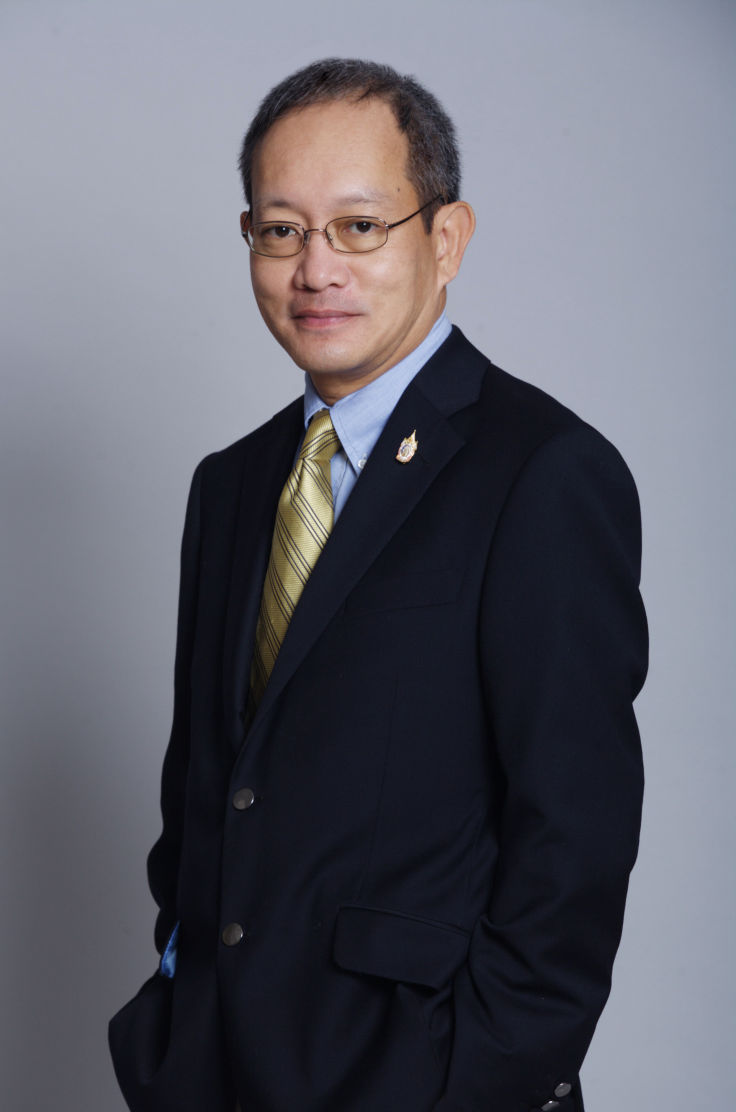Hotel group has always foregrounded Thai culture to give guests unique, magical experiences while helping to preserve it for future generations
- By Phuwadol Komolrattanasathien -

Noted as the country’s first five-star hotel when it debuted in 1970, Dusit Thani Bangkok was commissioned by Thanphuying Chanut Piyaoui after she founded its predecessor, the Princess Hotel, on Charoen Krung Road in 1949.
Thanks to her far-sighted vision, Thanphuying Chanut at the time discerned the country’s potential to serve as a hub of tourism for travellers from all corners of the world.
Nearly five decades later, tourists and passers-by have become very familiar with Dusit Thani Bangkok’s age-old classic structure with an elongated spire on the top. The hotel sits at the Sala Daeng intersection near the eponymous BTS skytrain station and an MRT underground station on Rama IV Road in the heart of the city.
As the second generation inheriting the family business, Chanin Donavanik, vice chairman and chairman of the executive committee at Dusit International, said his mother has always harnessed the uniqueness of Thai traditional culture to develop her business.
Besides publicising Thainess among foreigners, Thanphuying Chanut’s marketing strategy helped create awareness of local traditions among Thai people.
Mr Chanin, however, admitted Dusit Thani has seen a continuous increase in business rivals from a raft of new hotels mushrooming throughout the city and upcountry provinces.
In the old days there were fewer than 10 five-star hotels in the country.
Likewise, the number of tourists in Thailand has surged from tens of thousands to over 30 million a year now.


Mr Chanin said the challenge of operating his business was “people”, as their behaviour and needs vary according to each generation.
For example, Gen-Y or Millennials (born between 1982 and 2005) want new and exciting experiences, which is different from older generations who cherish stability.
The latter would feel more comfortable staying in the same rooms they are used to, mostly spacious and luxurious.
Mr Chanin stressed that a key to coping with clients’ changing needs is the company’s strong stance on prioritising customer satisfaction and keeping employees as well as shareholders happy.
More importantly, the company has never stopped seeking fresh opportunities in this rapidly-evolving world.
Since its launch 69 years ago, Dusit International has expanded its estates nationwide as well as in foreign countries.
Preserving the loyalty of old guests was carried out simultaneously with looking for new customers by introducing Thainess as a main product.
“To find new clients and handle their different needs, it is necessary for us [Dusit International] to devise new working strategies and ideas, including new sites to accommodate them,” Mr Chanin said.
“Still, all of our products will be derived from Thainess, including culture, fashion, food and service, all praised at the international level,” he added.
Despite its extensive expertise in the tourism industry, Dusit Thani is similar to other business operators who have made and recovered from numerous mistakes.

Chanin Donavanik
Mr Chanin said these stemmed from two factors: wrong decisions and fear of taking action.
When facing mistakes made by errors of judgement, Dusit Thani takes a step back to contemplate and correct the errors, he said.
Compared to its rivals, however, the vice president admitted the firm’s development has sometimes been slow to ensure the needs of clients and employees are always well served.
Lastly, Mr Chanin emphasised Thailand’s strengths as being its people and its culture. Both are keys to ensuring the country becomes even more well-known and loved by foreigners, he said.
Despite embracing global changes to survive in business, Dusit Thani has never left this sense of Thai uniqueness and identity out of the equation, Mr Chanin said.
The hotel group aims to preserve local culture and wisdom so it can be passed on to future generations, he concluded.

Tag

Tag

Tag

Tag

Tag

Tag
SHARE THIS PAGE!